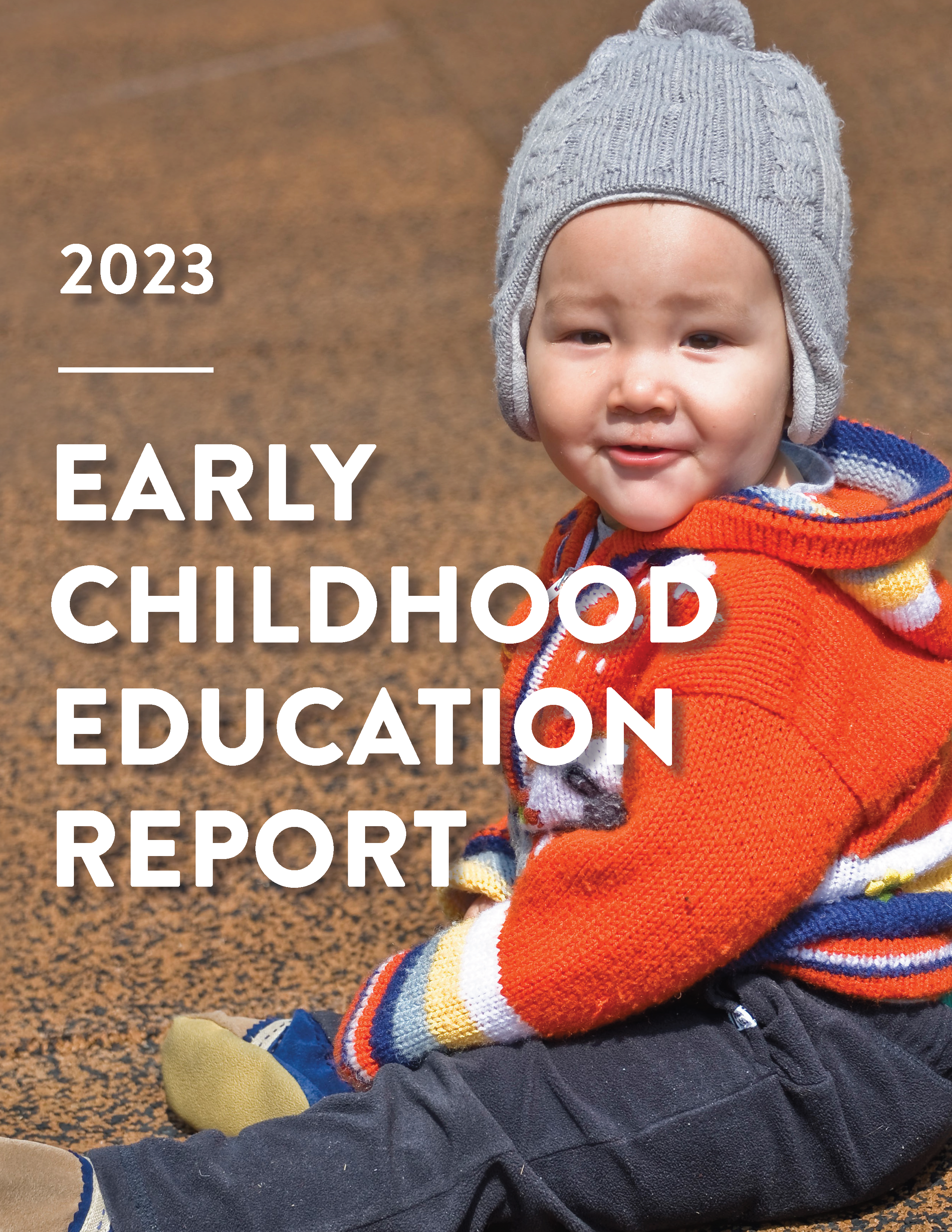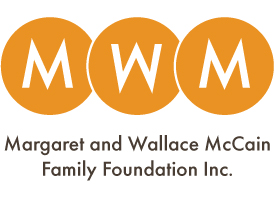
Margaret Norrie McCain
 The Early Childhood Education Report (ECER), released April 25, 2024 by researchers at the University of Toronto, shows that Canada has made great strides since the 2006 study by the Organisation of Economic Co-operation and Development (OECD) exposed the country as a policy laggard.
The Early Childhood Education Report (ECER), released April 25, 2024 by researchers at the University of Toronto, shows that Canada has made great strides since the 2006 study by the Organisation of Economic Co-operation and Development (OECD) exposed the country as a policy laggard.
In the OECD’s damning analysis, Canada came last in a review of early education across 20 member states. Our children were least likely to attend an early learning program, and those programs offered were under-resourced and mediocre.
There is nothing like international shame to focus the minds of children’s advocates and policy makers. It also became a discussion topic at my family’s dinner table, and ultimately led to the establishment of our charitable foundation.
We were impressed by the rigour of the OECD’s research and wanted to bring similar oversight to Canada’s policies for children. The foundation funds experts to do this work.
The ECER identifies developments in early education and child care enrolment, affordability, funding, workforce compensation, administration, and quality by province and territory. Jurisdictions are then rated against a 15-point scale.
In this edition, the fifth in 12 years, New Brunswick leads with 13.5 points, a record achievement for its efforts to build an infrastructure of supports to better serve children and families. The journey to first place has been a long yet steady march.
Starting with New Brunswick’s first disappointing assessment by the ECER in 2011, officials committed to using the best possible evidence to guide the development of the province’s early education and care services.
Economist gauge the cost-to-benefit ratio of early childhood education at between $2 and $7 returned for every $1 spent, depending on the population studied. And over 60 years of studies indicate additional benefits from investing in young children—but would these apply to New Brunswick? The question was answered by an independent analysis examining what impact universal early education and care would have on the province. The study calculated in real dollars how early education would grow the economy by increasing mothers’ labour force participation, improving child outcomes, and reducing income inequality.
The foundation is, of course, nonpartisan. I have met with premiers, ministers, and leaders from all parties. We have also facilitated meetings between policy makers and the best minds on the economy, child development, medicine, and education to answer questions and develop solutions.
Knowing that quality drives the benefits of early learning, we arranged for New Brunswick officials to visit model sites in other provinces. Officials They returned with the goal of raising the bar on service delivery. Made-in-New Brunswick models were developed and evaluated by researchers at the University of New Brunswick.
These became the forerunners for the province’s unique designation system. Designated facilities receive public funding to offer low parent fees, provide a living wage for staff, enhance quality standards, and support the participation of children with special needs.
New Brunswick has moved child care from a market-driven patchwork of daycare centres to a publicly managed system backed by a legislative and public policy framework that provides cost and quality controls for operators. Its designated facilities house 97 per cent of all child care spaces for children from birth to Kindergarten entry. Meanwhile staff turnover—a killer of quality—has been halved, while new spaces are regularly coming online. Advocates and policy makers agree that more must be done to ensure the highest quality programming for every child, along with a professional work environment for educators.
Coming in first across all of Canada is a remarkable achievement. But behind the numbers lives early education’s most important role: Offering young children their own special place to thrive.
Margaret Norrie McCain is the chair emeritus of the Margaret and Wallace McCain Family Foundation and a former lieutenant-governor of New Brunswick.
